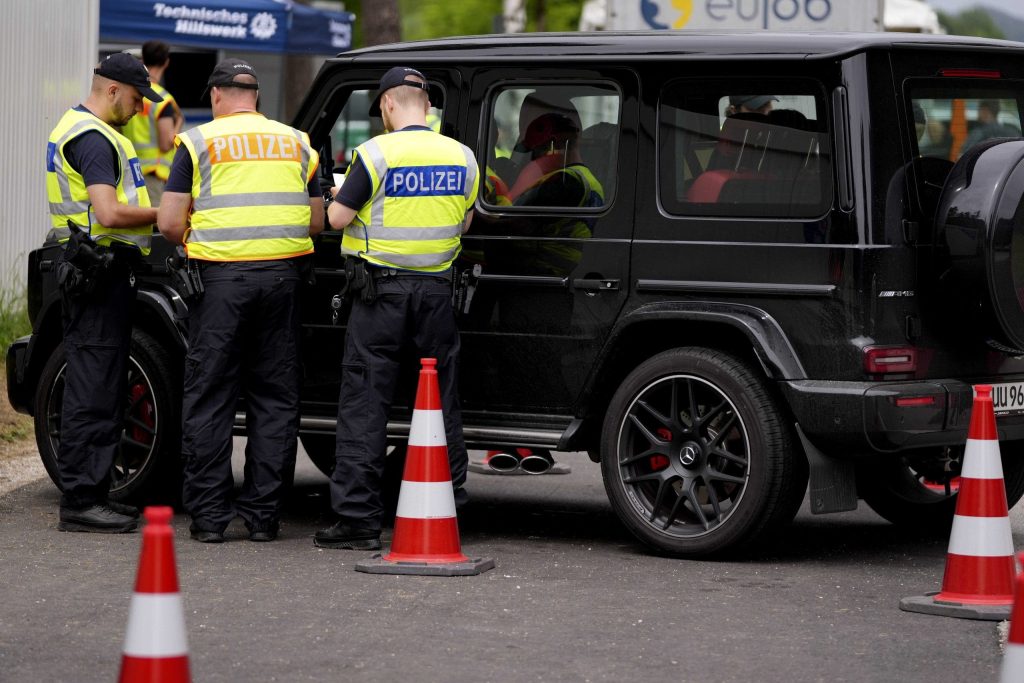Germany will be implementing border controls at all its frontiers during the European Championship in June and July, according to Interior Minister Nancy Faeser. These checks are being carried out to prevent possible violent criminals from entering the country and to protect the major international event. The focus of the checks will be on protection against Islamic and other extremists, hooligans, and others, as well as securing networks against cyberattacks. The decision to restore border checks during the soccer tournament has been expected and is standard practice during big sports events and major summits in Europe’s Schengen area.
The attack on a suburban Moscow concert hall claimed by an affiliate of the Islamic State group has prompted authorities to increase security measures ahead of the European Championship. Germany is already carrying out checks on its eastern and southern borders with Poland, the Czech Republic, Austria, and Switzerland due to concerns over migration. The tournament will start on June 14 with host Germany playing Scotland in the opening match in Munich, with the final taking place in Berlin on July 14. Italy has also stepped up security measures following the Moscow attack.
Germany’s Interior Ministry has stated that while the threat from Islamic extremists remains acute, their risk assessment has not changed as a result of the attack. The focus of the security measures will be on preventing violent criminals from entering the country during the tournament. The checks are aimed at protecting the safety of the event and ensuring that participants and spectators can enjoy the matches without any security concerns. The decision to implement border controls is in line with the standard practice during major sporting events and summits in the Schengen area.
Faeser emphasized the need for these security measures to protect against potential threats and ensure the safety of the European Championship. The checks will be carried out at all German borders to prevent violent criminals from entering the country. The focus will be on protection against extremists, hooligans, and cyberattacks. The security measures are designed to provide a safe and secure environment for the tournament participants and spectators, allowing them to enjoy the matches without any security concerns.
The European Championship is a major international event that attracts fans and spectators from across the continent. Implementing border controls during the tournament is seen as a necessary precaution to prevent any potential security threats from materializing. By carrying out checks at all German borders, authorities aim to secure the event against possible violent criminals and ensure the safety of all participants. The decision to restore border controls during the tournament is part of a coordinated effort to protect the event and maintain a high level of security throughout the competition.
In conclusion, Germany’s decision to implement border controls during the European Championship is aimed at preventing potential security threats and ensuring the safety of the event. The focus will be on protection against extremists, hooligans, and cyberattacks, with checks being carried out at all German borders. The security measures are part of a coordinated effort to safeguard the tournament and provide a safe environment for participants and spectators. The checks are in line with standard practice during major sporting events and summits in Europe’s Schengen area, and are necessary to protect against any potential security risks during the tournament.















